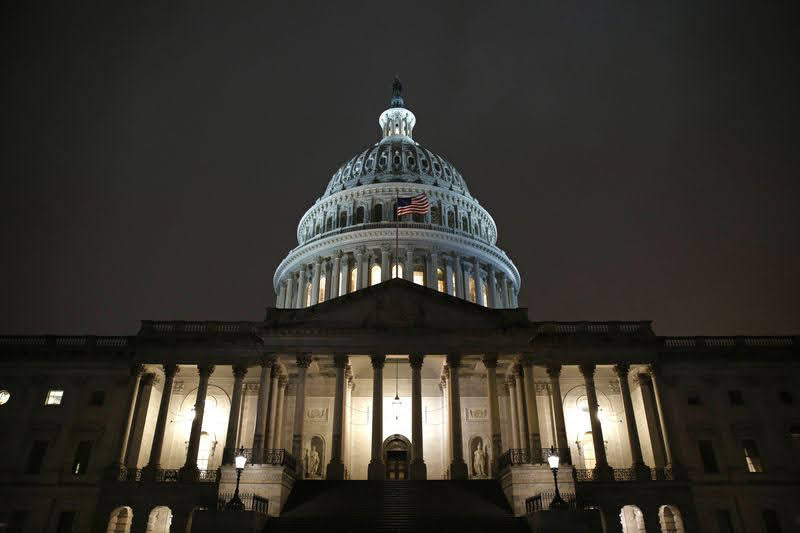Trump Faces Historic Second Impeachment by House
The US House of Representatives voted to impeach President Donald Trump for a historic second time in light of his role in the riots at the Capital on January 6, 2021.
January 19, 2021
With only days left in his term, on Wednesday, January 13 2021, the House of Representatives voted to impeach President Donald J. Trump on account of inciting insurrection against the United States. This marks the first time in American history that a US president faced a second impeachment charge by the House.
The impeachment resolution states: “President Trump gravely endangered the security of the United States and its institutions of Government. He threatened the integrity of the democratic system, interfered with the peaceful transition of power, and imperiled a coequal branch of Government. He thereby betrayed his trust as President, to the manifest injury of the people of the United States.” House Leader Nancy Pelosi (D-CA 12th district) shared the sentiment and denounced Trump as “a clear and present danger to the nation we all love.”
Unlike Trump’s first impeachment, ten Republican representatives joined their Democratic colleagues in supporting the measure, making it the most bipartisan impeachment vote in history and bringing the final vote to 221 yes and 203 no. Liz Cheney, a Republican House representative from Wyoming, supported the measure and stated, “There has never been a greater betrayal by a President of the United States of his office and his oath to the Constitution.”
Despite the bipartisan support, millions of Americans, including a large majority of the GOP, do not support impeachment. Many who oppose the impeachment cite a lack of due process, and claim that it is impossible for anyone to have achieved a comprehensive view on the situation without the proper steps taken. A typical impeachment process involves an investigation, a committee, hearings, drafting of articles. During Trump’s second impeachment, many of these steps were fast-tracked or entirely skipped. Bolstering this argument further, Republican House Minority leader Kevin McCarthy claimed impeachment would only “further fan the flames of partisan division.”
Despite these arguments, the majority of representatives pushed the measure forward and voted to impeach, outraged by the violence and deadly riots at the US Capitol on January 6, 2021 following a Trump rally where Trump’s rhetoric and direction guided supporters to the US Capital to protest the election certification. With impeachment passing the House, a Senate trial will now be set. Despite some desire to move immediately, the Senate trial will likely not take place until after President-Elect Biden is sworn into office on January 20, 2021. The outcome of a Senate hearing is largely unknown, but unlike prior impeachments, Senators across the aisles signal support for the measure. With information related to the attack on the capital and Trump’s role evolving by the day, and no date set for the Senate trial, outcomes and the final chapter in the volatile Trump presidency still remain unwritten.
































